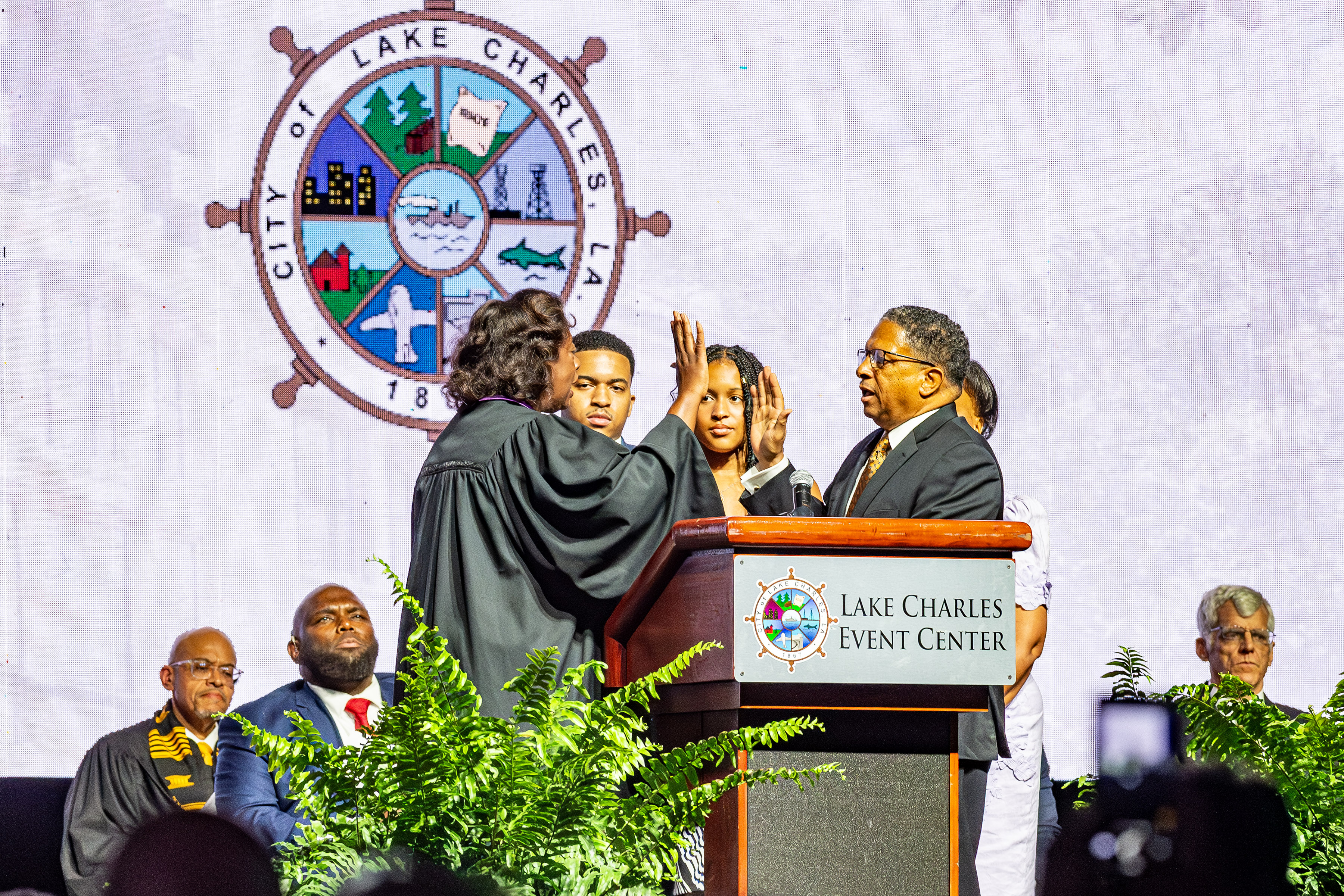Informer: Last US war declaration passed in June 1942
Published 12:17 pm Sunday, February 10, 2013
From my inadequate knowledge of U.S. history, the last time the U.S. Congress declared war was December 1941. In the time since, there have been other wars and military engagements, including the Korean War, the Vietnam War and the present wars in the Middle East.
Can you or a historian or someone far more knowledgeable in these matters than myself tell me whether or not the Congress declared war in these other wars? And if not, how did the U.S. become involved?
Congress last issued a formal declaration during the Second World War, but it was on June 4, 1942, when the Senate passed a resolution declaring war on Romania.
“Congress has declared war on 11 occasions, including its first declaration of war with Great Britain in 1812,” reads a page on the website of the U.S. Senate.
“Congress approved its last formal declaration of war during World War II. Since that time it has agreed to resolutions authorizing the use of military force and continues to shape U.S. military policy through appropriations and oversight.”
War power primer
The following — minus a spelling correction — comes from a column The Informer wrote in 2002 in response to a question on the president’s power to wage war:
Article II, Section 2, of the Constitution gives the president the power to direct the armed forces. But only Congress — under Article 1, Section 8 — can declare war.
By their own accounts, the framers distrusted the people, the states and excessive power, and they distrusted one another. Several future presidents were among the delegates to the Constitutional Convention, and most of the framers were highly partisan.
Each delegate knew his man wouldn’t be in office forever, so the framers sought a way to distribute the war power to prevent its abuse. Some delegates thought it should go to the president only, and others said the Senate — set up to be detached from the people’s whims — should wield it. A third group said both.
In the end, the framers included the House — the “people’s body” — and went for the even split: Congress can declare war, and the president can conduct it. But the war-declaration and commander-in-chief clauses — which one predominates and what each means — aren’t as clear-cut as they seem.
One problem: What does “declare war” — “make war” in an early draft — actually mean? Some say the change from “make” to “declare” means the power was meant to be formal, a recognition that the country was at war. But others say the delegates’ remarks indicate they changed it so the law wouldn’t leave the president hamstrung during an invasion.
But that led to other questions: Must the president, as commander in chief, wait for a declaration before he deploys forces to fight abroad? What about internal rebellion? The ambiguity of the war power has caused problems from the beginning, and it has allowed several presidents since to sidestep the declaration clause altogether.
President Jefferson tried to abide by the clause in 1801 when the prince of Tripoli declared war on the United States. He imposed a defensive naval blockade in the Mediterranean Sea. But confusion over the law hampered the Navy’s efforts to protect American ships. Jefferson eventually allowed naval forces to fight back, but war never was declared — Congress decided an act of self-defense didn’t require it.
President Lincoln sparked another war power debate in 1861 when he ordered Southern ports blockaded after the attack on Fort Sumter. He did so without the approval of Congress, which wasn’t in session at the time, and some viewed the move as illegal.
Congress later approved the action, as did a majority of the Supreme Court — though the point was moot by then. The majority said Lincoln had the right to act in what was obviously a state of war and that he didn’t need “Congress to baptize it with a name.” The minority said only Congress could decide whether an insurrection qualified as an act of war.
But Lincoln stirred little debate when, during the Civil War, he used the war power to suspend the writ of habeas corpus — which allows the lawful detention of people. Franklin Roosevelt operated under similar circumstances when he ordered Japanese Americans interned during World War II, the nation’s last declared war.
The Cold War — with its emphasis on state secrecy and containment of communism — further clouded the war power and the importance of formal declaration. And many people still refer to the Korean and Vietnam wars as “conflicts,” citing the lack of declaration as their reason
Congress responded to the fuzziness of the war power during the Nixon administration when it passed the War Powers Act over a presidential veto. The law limits the circumstances in which the president can commit forces.
Online: www.senate.gov.
The Informer answers questions from readers each Sunday, Monday and Wednesday. It is researched and written by Andrew Perzo, an American Press staff writer. To ask a question, call 494-4098, press 5 and leave voice mail, or email informer@americanpress.com
(mgnonline.com)





